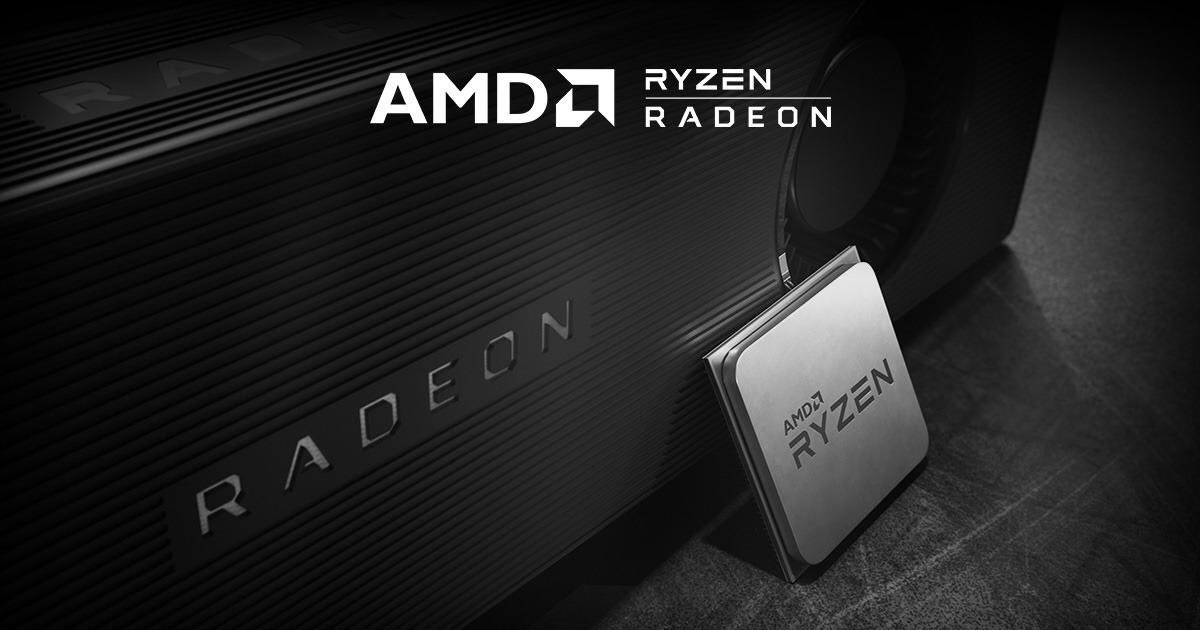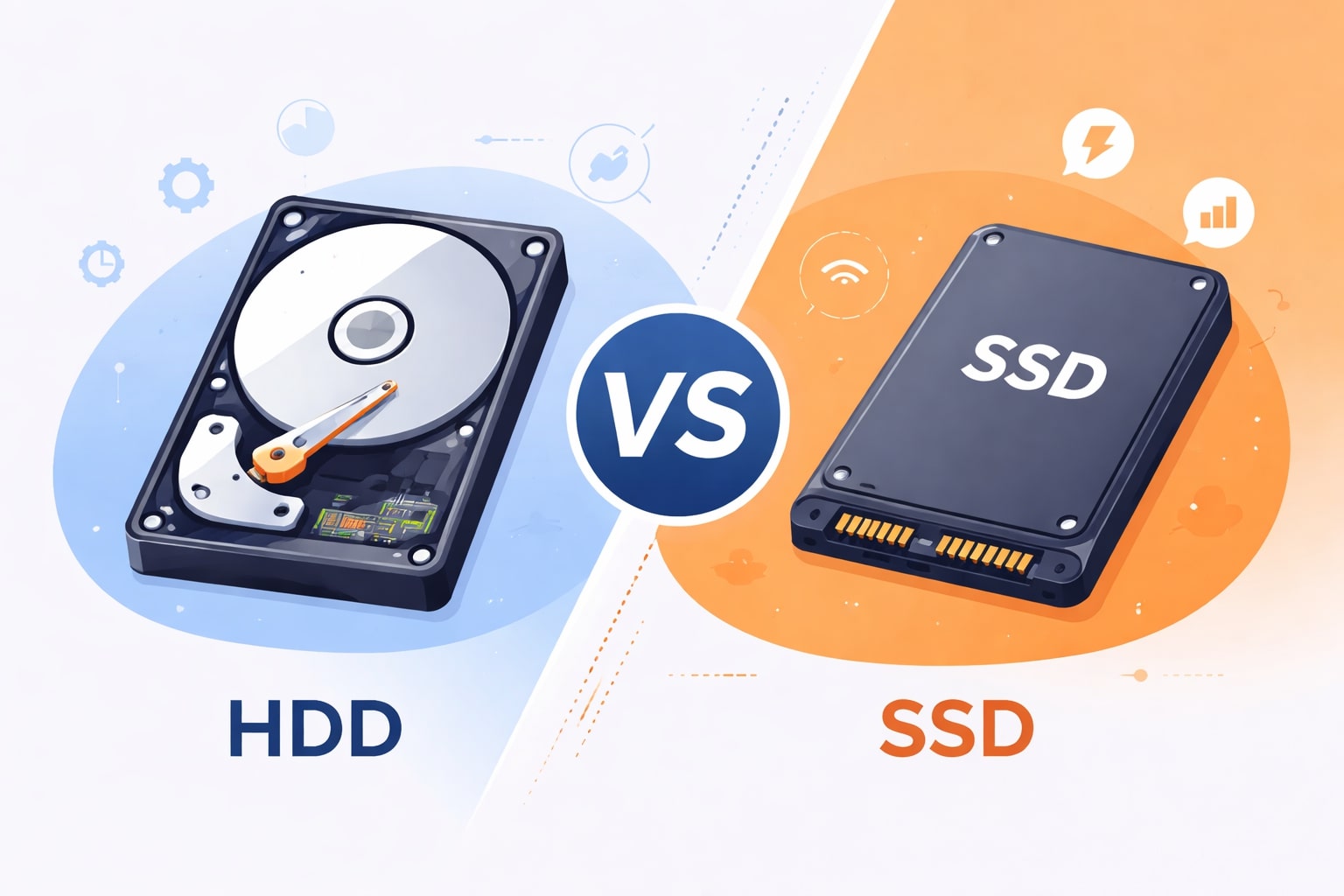- President Trump has announced a 10% tariff on all imports from China, which directly affects almost all major consumer tech brands like Apple, Dell, Asus, HP, as well as big names like Nvidia, Intel, and AMD.
- Subsequently, a 25% tariff has also been announced on all steel and aluminium imports, which could potentially raise manufacturing costs of devices with a high percentage of aluminium in their chassis.
- A global trade war seems to be in the works with Canada, China, and Mexico all vowing retaliatory tariffs, which will ultimately disrupt the global supply chain and hurt the end consumer.
Trump’s Tariffs: A Storm Brewing For The Consumer Tech Industry
The tech world is no stranger to disruption, but the latest wave of tariffs imposed by the Trump administration has sent shockwaves through the industry.
As someone who’s been closely following the intersection of politics and technology, I can’t help but feel concerned about the ripple effects these tariffs will have on the consumer tech market—especially for gaming PCs, laptops, and the semiconductor industry.
Let’s break down what’s happening, why it matters, and what it means for companies like Nvidia, Intel, AMD, Apple, and Acer, to name a few.
What Are The New Tariffs And When Do They Kick In?
The Trump administration recently announced a new round of tariffs targeting a wide range of Chinese imports, including consumer electronics and components critical to the tech industry.
These tariffs, set at 10% for finished goods, have already been declared effective as of February 2025.
As for Canadian and Mexican imports, a 25% tariff has been announced.
The list includes everything from motherboards and GPUs to finished products like laptops and gaming PCs.
For gamers and tech enthusiasts, this is particularly alarming. Many of the components that go into building a high-performance gaming PC—think GPUs from Nvidia and AMD, CPUs from Intel and AMD, and even SSDs—are manufactured or assembled in China.
These tariffs will inevitably increase the cost of production, which will likely be passed on to consumers.
How Will This Affect The Silicon And Semiconductor Business?
The semiconductor industry is at the heart of the tech world, and it’s already facing challenges due to the global chip shortage.
What’s worse is that Trump has now threatened a 25% tariff for all chip imports which means foundries like TSMC in Taiwan are worried.
These tariffs could exacerbate the situation. Companies like Intel, AMD, and Nvidia rely on Chinese and Taiwanese factories for chip manufacturing and assembly.

Therefore, Taiwan has vowed to try and reduce its trade imbalance with the U.S. having already invested $65 billion for the production of three new factories in Arizona.
Nonetheless, higher tariffs mean higher costs, which could slow down innovation and delay the release of next-gen products.
For example, the rest of the RTX 50 Series GPUs, which are highly anticipated by gamers, could see delayed launches or higher prices due to their reliance on silicon from TSMC.
Similarly, Intel’s upcoming processors and AMD’s Ryzen chips might become more expensive, affecting everything from gaming PCs to data centers and AI servers.
What Does This Mean For Gamers And Tech Enthusiasts?
As a gamer and tech enthusiast, I’m worried. The tariffs are likely to make high-end gaming PCs and laptops more expensive, putting them out of reach for many consumers.
For example, a gaming laptop that currently costs $1,500 could very well see a price increase of $150-200 or more.
Acer, in particular, has already made an official statement that says they’ll be passing on the tariff to their customers in the form of a straightforward 10% increment on their laptops’ price tags within a few weeks from now.

Likewise, building a custom gaming PC could become significantly more expensive, especially if you’re aiming for top-tier components.
All of this could also delay the adoption of emerging technologies like Ray Tracing and AI-driven gaming features.
For instance, if GPUs and CPUs become more expensive, fewer people might upgrade their systems, which could hurt companies like Nvidia, AMD, and Intel.
My Final Take
Trump’s new tariffs are a double-edged sword. On one hand, they aim to protect U.S. industries and reduce reliance on external manufacturing. On the other hand, they risk disrupting the global supply chain, increasing costs for consumers, and slowing down innovation in the tech industry.
For gamers and tech enthusiasts, the immediate impact will likely be higher prices and fewer options. For companies like Nvidia, Intel, AMD, and Apple, the challenge will be navigating these turbulent waters while continuing to deliver cutting-edge products.
As someone who loves technology, I hope cooler heads prevail, and a resolution is reached before these tariffs take effect.
Otherwise, we might be looking at a very different—and more expensive—tech landscape in the near future.
Thank you! Please share your positive feedback. 🔋
How could we improve this post? Please Help us. 😔
[Wiki Editor]
Ali Rashid Khan is an avid gamer, hardware enthusiast, photographer, and devoted litterateur with a period of experience spanning more than 14 years. Sporting a specialization with regards to the latest tech in flagship phones, gaming laptops, and top-of-the-line PCs, Ali is known for consistently presenting the most detailed objective perspective on all types of gaming products, ranging from the Best Motherboards, CPU Coolers, RAM kits, GPUs, and PSUs amongst numerous other peripherals. When he’s not busy writing, you’ll find Ali meddling with mechanical keyboards, indulging in vehicular racing, or professionally competing worldwide with fellow mind-sport athletes in Scrabble. Currently speaking, Ali’s about to complete his Bachelor’s in Business Administration from Bahria University Karachi Campus.
Get In Touch: alirashid@tech4gamers.com




